Introduction: Why HVAC Emergencies Matter for Homeowners
Imagine this: it’s the hottest day of summer, or a freezing winter night, and suddenly your heating or cooling system stops working. For homeowners, HVAC system failures can quickly turn from a minor inconvenience into a full-blown emergency. Such situations don’t just disrupt comfort—they can threaten health, damage property, and lead to costly repairs if not handled promptly. Understanding how to recognize, prevent, and address common HVAC emergencies is essential for any homeowner who wants to protect their investment and maintain a safe living environment. This guide is designed to empower you with practical knowledge, seasonal preparation strategies, and expert tips to keep your home comfortable year-round, even when unexpected issues arise.
Understanding HVAC Emergencies: What Qualifies?
Defining an HVAC Emergency
Not every HVAC issue is an emergency, but some situations demand immediate attention. Emergencies typically involve complete system failures, electrical hazards, gas leaks, or scenarios where indoor comfort or safety is compromised. Knowing the difference between a regular maintenance issue and an urgent problem can help you act quickly and appropriately.
Common Types of HVAC Emergencies
- No Heat or Cooling: Sudden loss of heating in winter or cooling in summer can pose health risks, especially for vulnerable individuals.
- Refrigerant Leaks: Leaks reduce system efficiency and can introduce hazardous chemicals into your home.
- Electrical Failures: Burning smells, tripped breakers, or non-functioning thermostats may indicate dangerous wiring issues.
- Gas Leaks: Any suspected gas leak requires immediate evacuation and professional intervention.
- Water Leaks: Pooling water near your HVAC unit can signal drain blockages, frozen coils, or faulty components that may lead to property damage.
Recognizing Signs of Trouble Before They Escalate
Warning Signals to Watch For
- Unusual noises (grinding, banging, hissing)
- Repeated system cycling or failure to start
- Foul or burning odors from vents or the unit
- Unexplained spikes in energy bills
- Uneven temperatures throughout your home
Early detection can often prevent a minor issue from turning into an emergency.
If you need professional support, an HVAC company can help diagnose and resolve system issues.
Seasonal Patterns of HVAC Failures
Most HVAC emergencies occur during peak usage: air conditioners fail during heatwaves, while furnaces tend to break down during cold snaps. Plan and prepare before extreme temperatures arrive to minimize risks.
Seasonal Preparation: Preventing HVAC Emergencies
Spring and Summer Checklist
- Replace air filters every 1-3 months to improve airflow and efficiency.
- Clear debris from around outdoor condenser units.
- Check refrigerant lines for damage or leaks.
- Test your air conditioning system before the first hot day.
- Schedule a professional inspection to identify potential issues early.
Fall and Winter Checklist
- Inspect and clean furnace burners and heat exchangers.
- Test your heating system before temperatures drop significantly.
- Seal any gaps in ductwork to prevent heat loss.
- Ensure carbon monoxide and smoke detectors are functional.
- Request a professional tune-up for your heating equipment.
Consistent seasonal maintenance is one of the best ways to avoid sudden breakdowns and emergencies.
DIY Troubleshooting: What Homeowners Can Safely Do
Steps Before Calling for Help
- Check Thermostat Settings: Ensure it’s set correctly and has fresh batteries.
- Inspect Power Sources: Confirm that circuit breakers and switches are in the ‘on’ position.
- Replace Filters: Clogged filters can cause performance issues or system shutdowns.
- Clear Vents and Registers: Make sure airflow is not blocked by furniture or debris.
If these steps don’t resolve the issue, professional help may be needed to avoid further damage.
For persistent problems, contacting HVAC repair services is a smart step to restore comfort quickly.
When to Call an HVAC Company: Professional Assessment and Repairs
Understanding the Role of an HVAC Company
HVAC companies employ certified technicians trained to diagnose and repair complex system issues. They have the tools and expertise to handle electrical, gas, and mechanical problems safely. Relying on a reputable HVAC company ensures repairs are conducted according to code and manufacturer specifications.
Choosing the Right HVAC Company
- Look for proper licensing and insurance.
- Read reviews and request references.
- Ask about experience with your specific system brand and model.
- Inquire about emergency service availability.
How HVAC Repair Services Address Emergencies
Standard Procedures for Emergency HVAC Repair
- Rapid assessment of the problem and safety risks.
- Temporary fixes to restore basic comfort, if necessary.
- Full diagnosis and explanation of required repairs.
- Clear communication about costs and timelines.
Many HVAC repair services offer 24/7 emergency dispatch to quickly restore your home’s comfort and safety.
What to Expect During a Service Call
In urgent situations, emergency HVAC repair should be your first call for fast assistance.
Technicians will inspect your system, perform diagnostic tests, and discuss the best solutions. They may temporarily restore function while waiting for parts or a more extensive repair. A trustworthy provider will prioritize transparency and your household’s well-being.
Emergency HVAC Repair: What to Do When Every Minute Counts
Immediate Actions to Take
- Shut off the system if you smell gas or burning odors.
- Evacuate and call emergency services if you suspect a gas leak.
- Document symptoms, error codes, or performance issues to help technicians diagnose the problem efficiently.
- Contact emergency HVAC repair services that offer rapid response.
Staying Safe While You Wait
- Keep a safe distance from malfunctioning equipment.
- Use alternative heating or cooling sources safely (avoid open flames or unvented heaters indoors).
- Make sure pets and children remain away from affected areas.
Time is critical during emergencies; knowing what to do can minimize risks and damage.
Proactive Tips to Reduce Future HVAC Emergencies
- Schedule annual professional inspections and tune-ups.
- Change filters regularly and keep vents unobstructed.
- Address minor issues promptly to prevent escalation.
- Upgrade aging systems before they become unreliable.
- Install smart thermostats for better system monitoring.
Investing in regular maintenance and upgrades pays off in system reliability and peace of mind.
Conclusion: Ensuring Year-Round Comfort and Safety
HVAC emergencies are never convenient, but with the right preparation and knowledge, you can minimize their impact on your home and family. By recognizing warning signs, performing seasonal maintenance, and knowing when to call professionals, you safeguard your property and comfort no matter the season. Remember that some tasks are best left to experts—don’t hesitate to reach out to a trusted provider when your system shows signs of trouble or fails unexpectedly. Proactive care not only prevents emergencies but also extends the lifespan of your HVAC equipment, saving money and stress in the long run. Ultimately, being prepared is your best defense against unexpected breakdowns, helping you maintain a safe and comfortable living environment all year long.
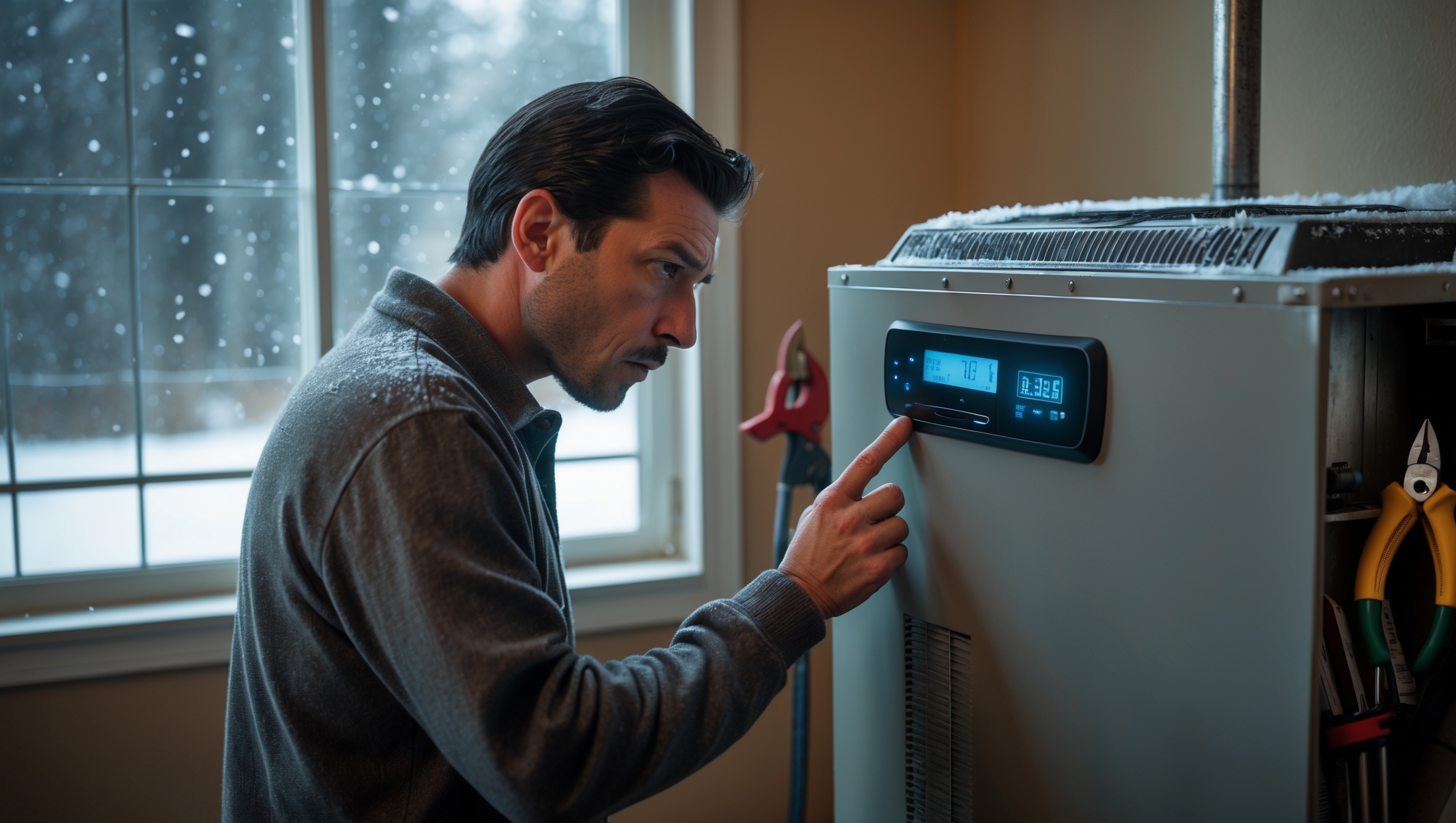



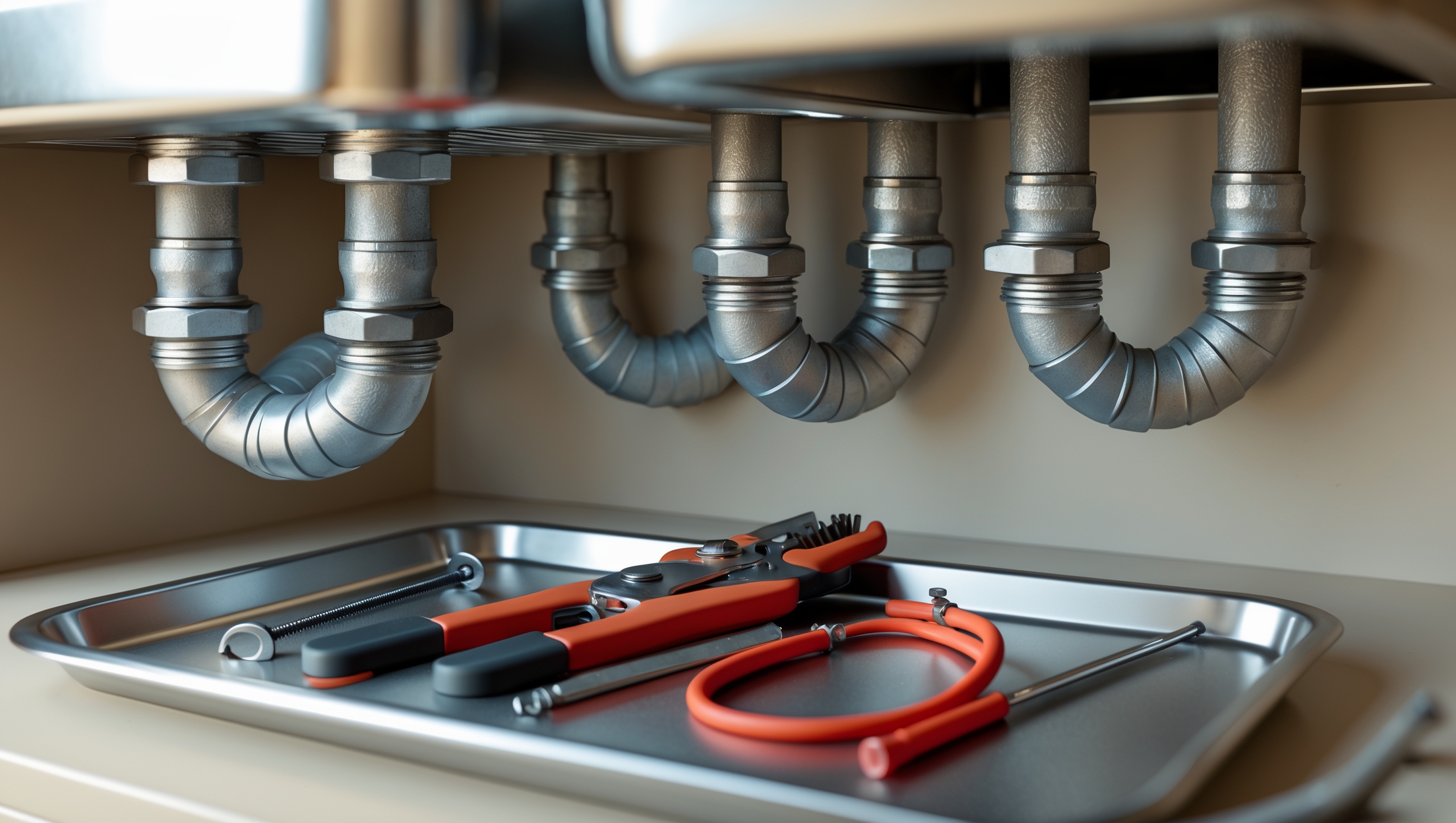
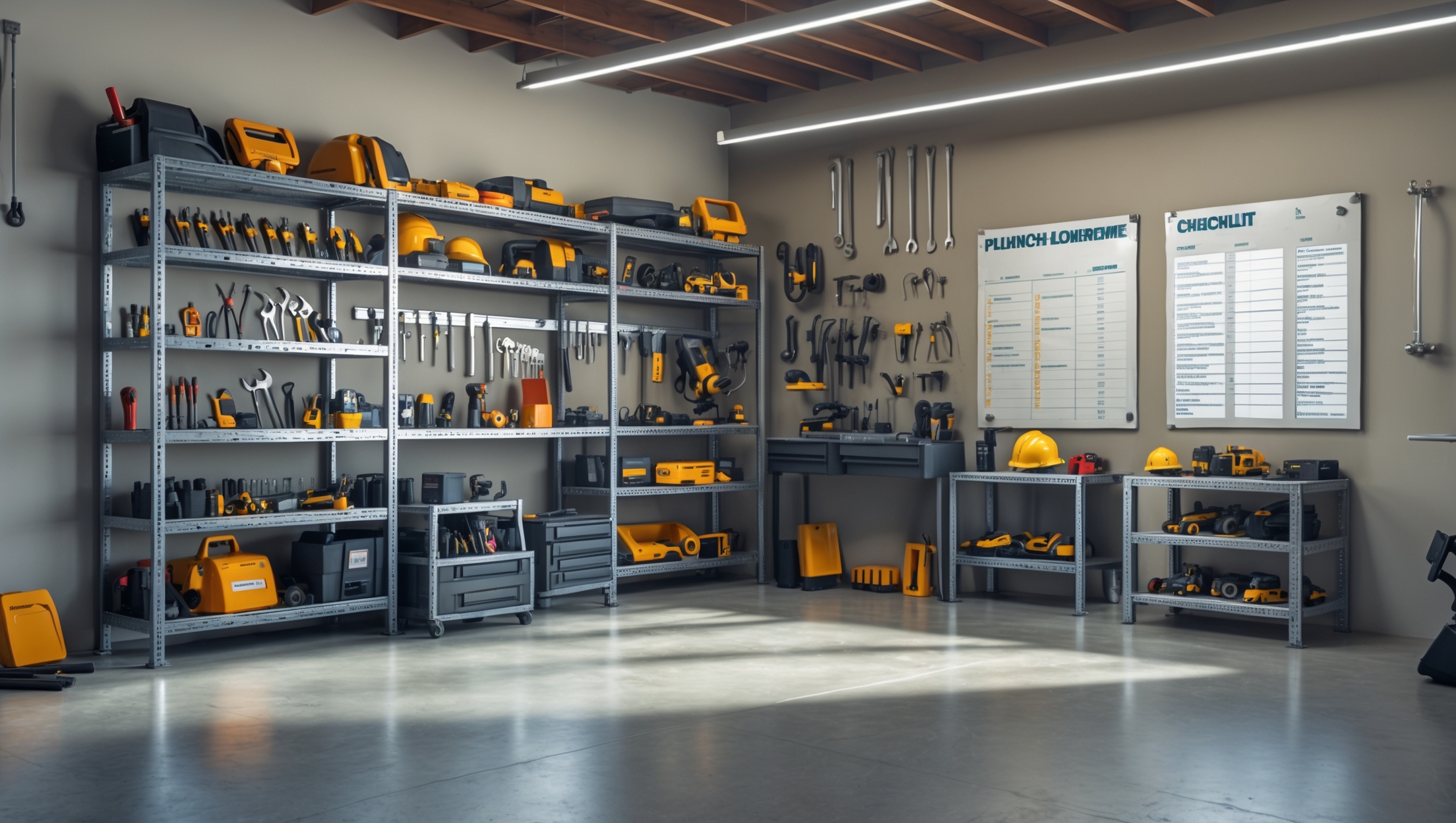


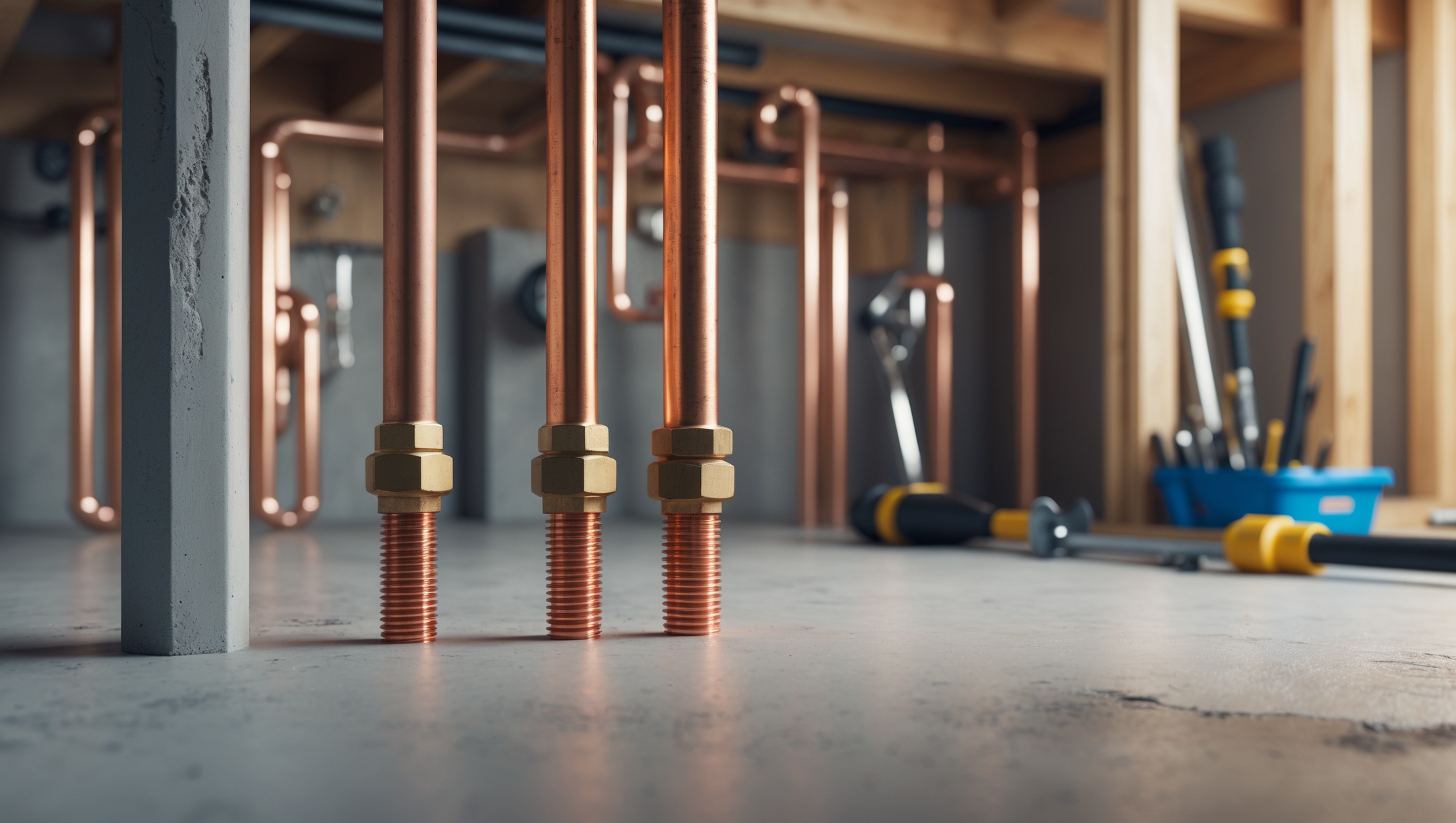
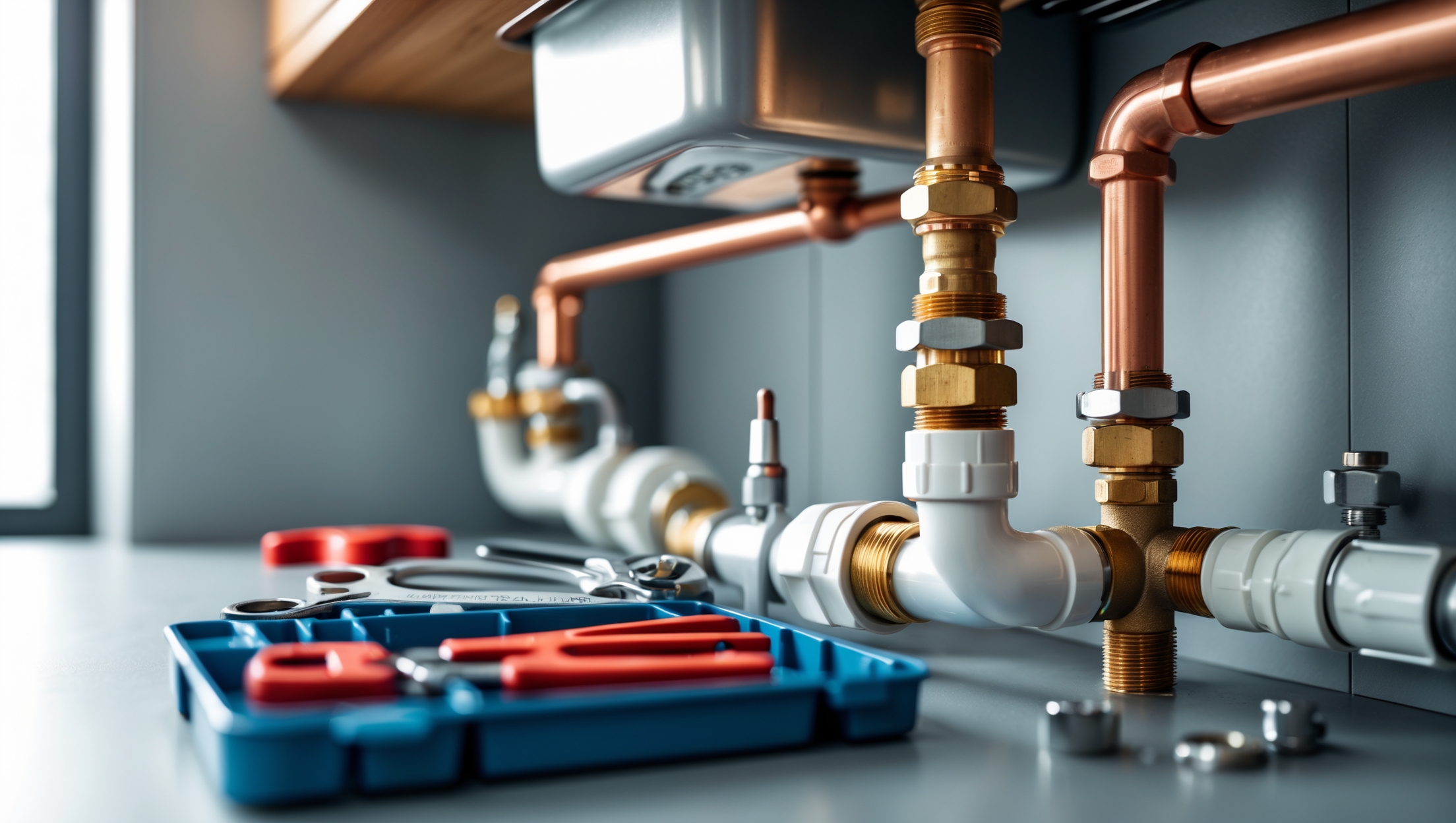
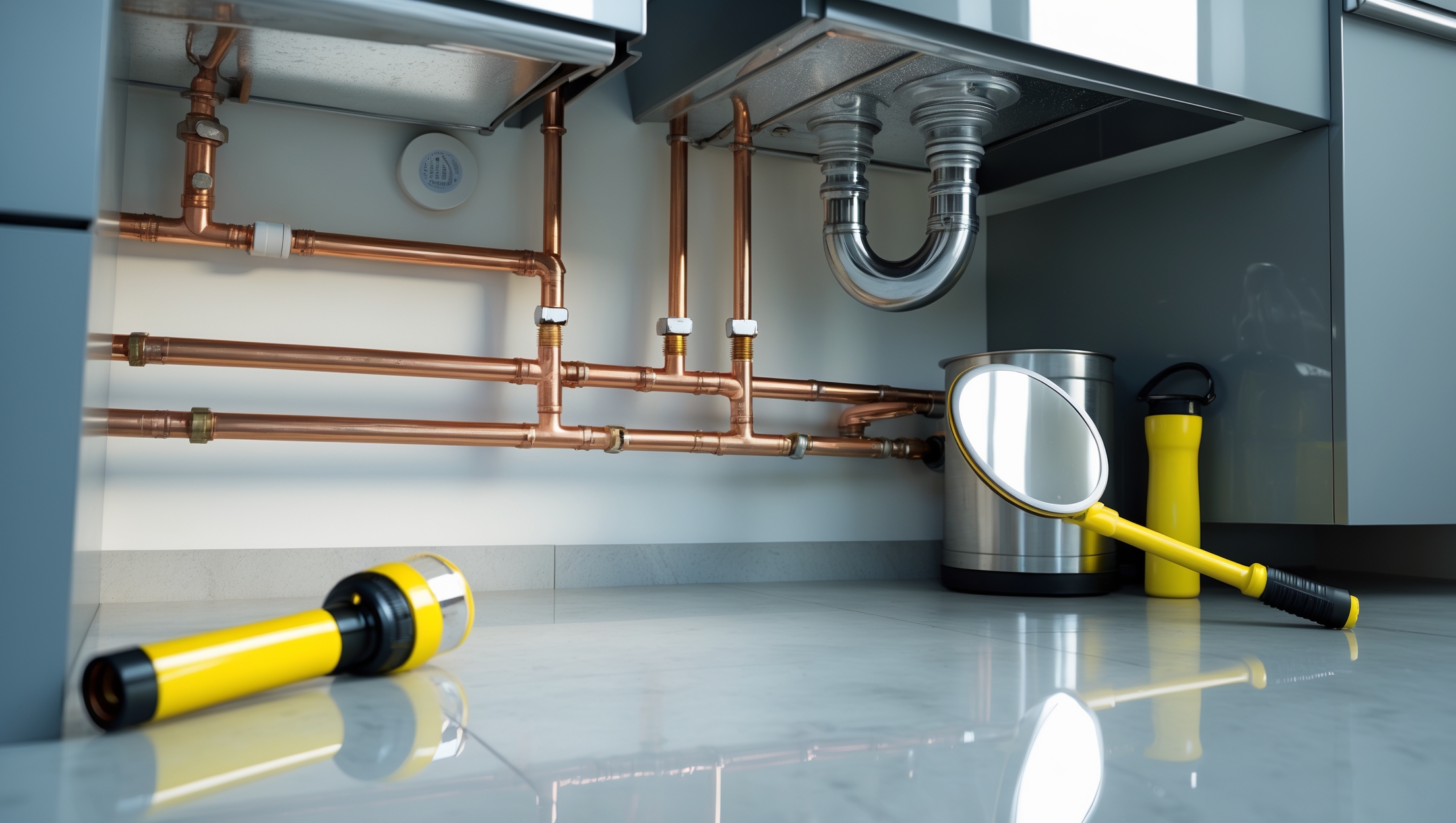
Matthew Brown
When it comes to regular maintenance versus emergencies, how do you recommend budgeting for unexpected HVAC repairs compared to planned seasonal maintenance costs?